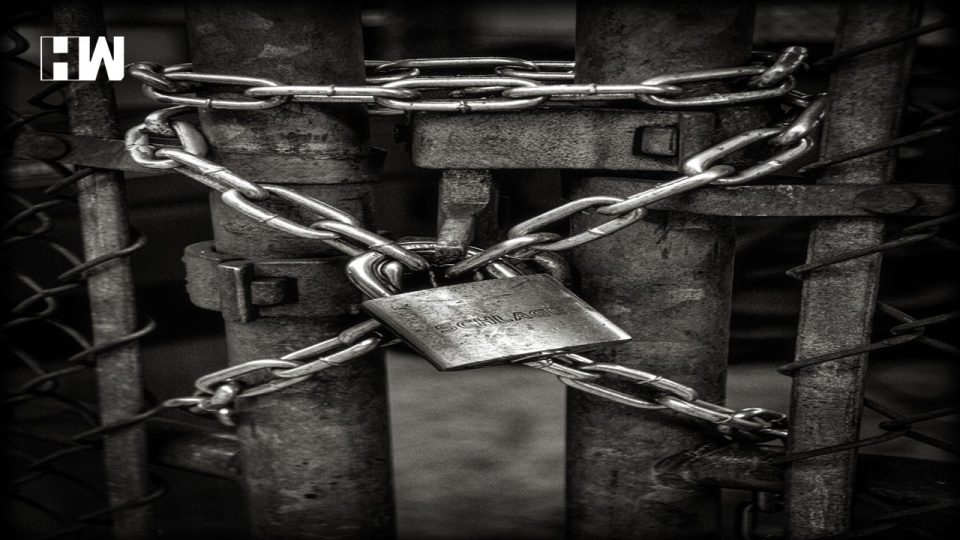The Lockdown is not as strict as the previous ones’ home ministry has given relaxation in many parts of the states
NEW DELHI| On Friday Ministry of Home Affairs announced an extension of two weeks to the nationwide lockdown. The Lockdown is not as strict as the previous ones’ home ministry has given relaxation in many parts of the states. The relaxation based on the spread of the COVID-19 in a particular area name red, orange, and green zones.
The green zone area is those with either zero-confirmation cases to date or no confirmed cases in the last 21 days.
The Red Zones are classified on the basis of the total number of active cases, doubling the rate of confirmed cases, the extent of testing, and surveillance feedback from the districts.
The Orange zone is neither red nor green.
Relaxation in the red zone:
Being in the red zone many activities are still allowed.
- All industrial and construction activities in rural areas, including MNREGA works, food-processing units, and brick-kilns are permitted. Besides, in rural areas, without distinction to the nature of goods, all shops, except in shopping malls are permitted.
- All agriculture activities, i.e, sowing, harvesting, procurement, and marketing operations in the agricultural supply chain are permitted.
- Animal husbandry activities are fully permitted, including inland and marine fisheries.
- All plantation activities are allowed, including their processing and marketing.
- All health services (including AYUSH) are to remain functional, including transport of medical personnel and patients through air ambulances.
- A large part of the financial sector remains open, which includes banks, non-banking finance companies (NBFCs), insurance and capital market activities, and credit co-operative societies.
- Operation of homes for children, senior citizens, destitute, women, and widows, etc, and operation of Anganwadis have also been permitted.
- Public utilities, utilities in power, water, sanitation, waste management, telecommunications, and the internet will remain open, and courier and postal services will be allowed to operate.
- Most of the commercial and private establishments have been allowed in the Red Zones. These include print and electronic media, IT and IT-enabled services, data and call centers, cold storage and warehousing services, private security and facility management services, and services provided by self-employed persons, except for barbers, etc.
- Manufacturing units of essential goods, including drugs, pharmaceuticals, medical devices, their raw material and intermediates; production units, which require continuous process, and their supply chain; Jute industry with staggered shifts and social distancing; and manufacturing of IT hardware and manufacturing units of packaging material will continue to be permitted.
Relaxation in Orange Zones
- In the Orange Zones, in addition to activities permitted in Red Zone, taxis and cab aggregators will be permitted with 1 driver and 1 passenger only.
- Inter-district movement of individuals and vehicles will be allowed for permitted activities only. Four wheeler vehicles will have a maximum of two passengers besides the driver and pillion riding will be allowed on two-wheelers.
Relaxation in Green Zones
- In the Green Zones, all activities are permitted except the limited number of activities that are prohibited throughout the country, irrespective of the zone. However, buses can operate with up to 50 percent seating capacity and bus depots can operate with up to 50 percent capacity.
The e-commerce websites to deliver non-essential items in orange and green zones.
The closed list in Lockdown 3.0
The travel by air, rail, metro, and interstate movement by the road. Besides this schools, colleges, institutions, hospitality services i.e., hotels and restaurants, place of a large gathering, cinema halls, malls, gym, sports complex, social, political, cultural and all kind of gathering, religious place/ place of worship for public will continue to remain shut.
As an independent media platform, we do not take advertisements from governments and corporate houses. It is you, our readers, who have supported us on our journey to do honest and unbiased journalism. Please contribute, so that we can continue to do the same in future.

